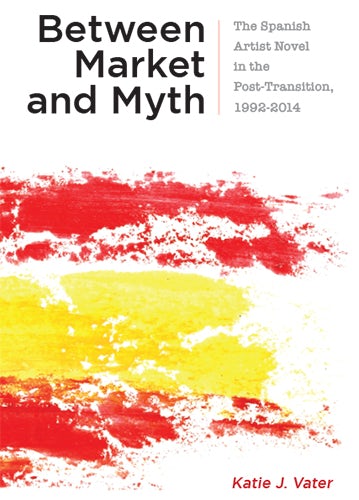Food Culture and Literary Imagination in Early Modern Italy
As the long sixteenth century came to a close, new positive ideas of gusto/taste opened a rich counter vision of food and taste where material practice, sensory perceptions and imagination contended with traditional social values, morality, and dietetic/medical discourse. Exploring the complex and evocative ways the early modern Italian culture of food was imagined in the literature of the time, Food Culture and the Literary Imagination in Early Modern Italy reveals that while a moral and disciplinary vision tried to control the discourse on food and eating in medical and dietetic treatises of the sixteenth century and prescriptive literature, a wide range of literary works contributed to a revolution in eating and taste. In the process long held visions of food and eating, as related to social order and hierarchy, medicine, sexuality and gender, religion and morality, pleasure and the senses, were questioned, tested and overturned, and eating and its pleasures would never be the same.
zum Buch im ULB-KatalogPlus
zum Buch auf der Verlags-Website
Between market and myth: the Spanish artist novel in the post-transition, 1992–2014
 In its early transition to democracy following Franco’s death in 1975, Spain rapidly embraced neoliberal practices and policies, some of which directly impacted cultural production. In a few short years, the country commercialized its art and literary markets, investing in “cultural tourism” as a tool for economic growth and urban renewal. The artist novel began to proliferate for the first time in a century, but these novels—about artists and art historians—have received little critical attention beyond the descriptive. In Between Market and Myth, Vater studies select authors—Julio Llamazares, Ángeles Caso, Clara Usón, Almudena Grandes, Nieves Herrero, Paloma Díaz-Mas, Lourdes Ortiz, and Enrique Vila-Matas—whose largely realist novels portray a clash between the myth of artistic freedom and artists’ willing recruitment or cooptation by market forces or political influence. Today, in an era of rising globalization, the artist novel proves ideal for examining authors‘ ambivalent notions of creative practice when political patronage and private sector investment complicate belief in artistic autonomy.
In its early transition to democracy following Franco’s death in 1975, Spain rapidly embraced neoliberal practices and policies, some of which directly impacted cultural production. In a few short years, the country commercialized its art and literary markets, investing in “cultural tourism” as a tool for economic growth and urban renewal. The artist novel began to proliferate for the first time in a century, but these novels—about artists and art historians—have received little critical attention beyond the descriptive. In Between Market and Myth, Vater studies select authors—Julio Llamazares, Ángeles Caso, Clara Usón, Almudena Grandes, Nieves Herrero, Paloma Díaz-Mas, Lourdes Ortiz, and Enrique Vila-Matas—whose largely realist novels portray a clash between the myth of artistic freedom and artists’ willing recruitment or cooptation by market forces or political influence. Today, in an era of rising globalization, the artist novel proves ideal for examining authors‘ ambivalent notions of creative practice when political patronage and private sector investment complicate belief in artistic autonomy.
zum Buch im ULB-KatalogPlus
zum Buch auf der Verlags-Website
zum Buch auf der Website von DeGruyter
Weitere Titel können Sie in unseren Neuerwerbungslisten für die Romanistik entdecken!
